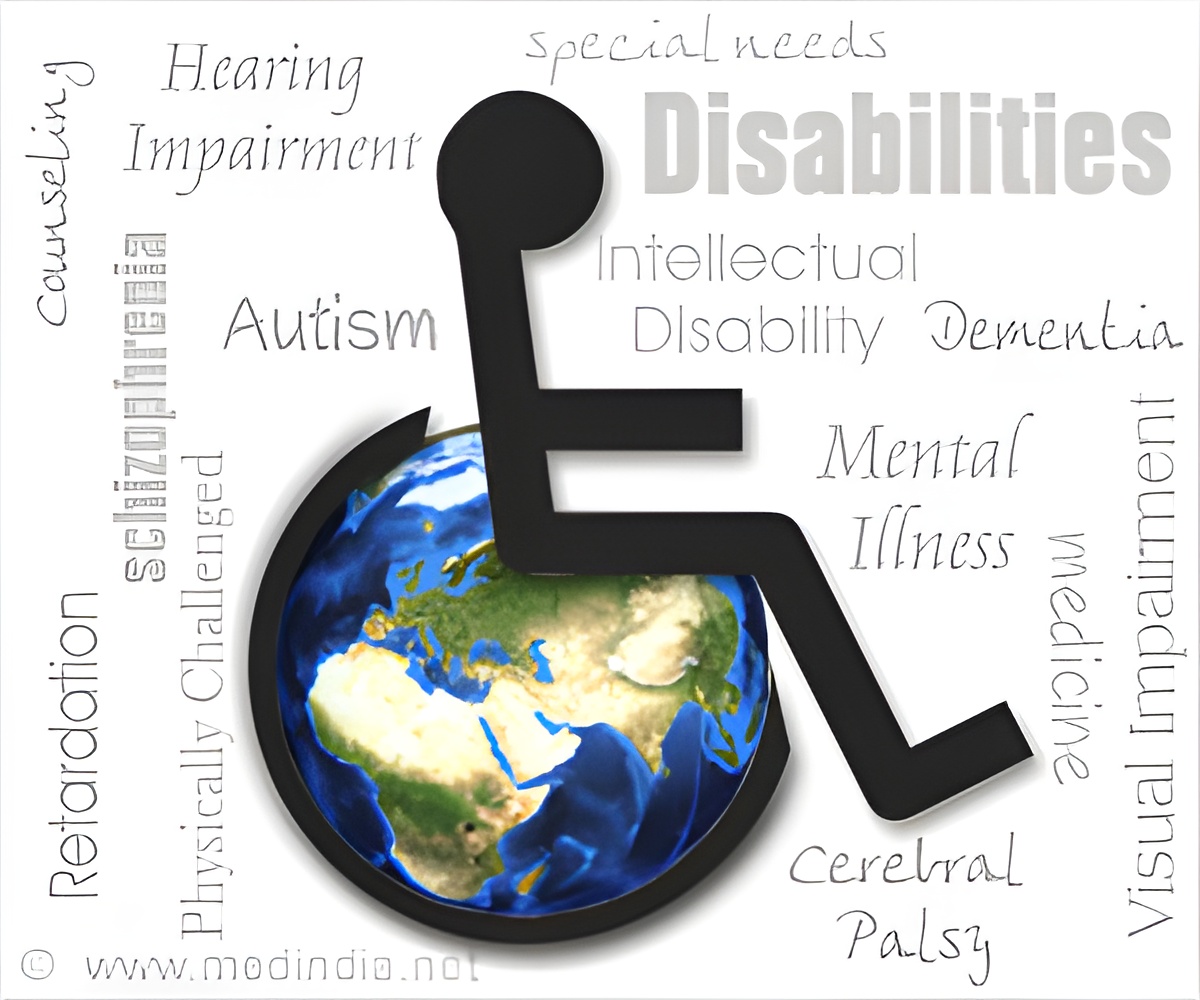Minnesota's Olmstead Plan is designed to ensure that people with disabilities are able to live, learn, work, and enjoy life in the most integrated setting of their choice.

Frank applauded the state for creating a detailed blueprint with realistic goals, while pushing back against the perception that the plan would forcibly integrate people against their wishes.
"Many individuals with disabilities in this state value living and working alongside other individuals with disabilities in settings such as group homes and sheltered workshops. The Court emphasizes that the Olmstead decision is not about forcing integration upon individuals who choose otherwise or who would not be appropriately served in community settings," wrote Frank.
But the judge also warned the state to move quickly on problems that have lingered for months, even years. “The court expects the state to not only follow through on these commitments, but to make them a top priority,” Frank wrote.
The plan is expected to unleash a set of state and local initiatives that would help people with disabilities move into jobs and housing in the community and reduce the dependence on segregated institutions, such as group homes and sheltered workshops.
The plan set forth annual goals for housing and employments, and calls for the elimination of long waiting lists for community services funded through Medicaid.
Advertisement
Since 1999 Supreme Court decision, known as Olmstead vs L.C., more than 40 states have adopted similar plans. “The plan is only the first step. For the plan to have true meaning, it has to come to life,” said Roberta Opheim, the state ombudsman for mental health and developmental disabilities.
Advertisement









